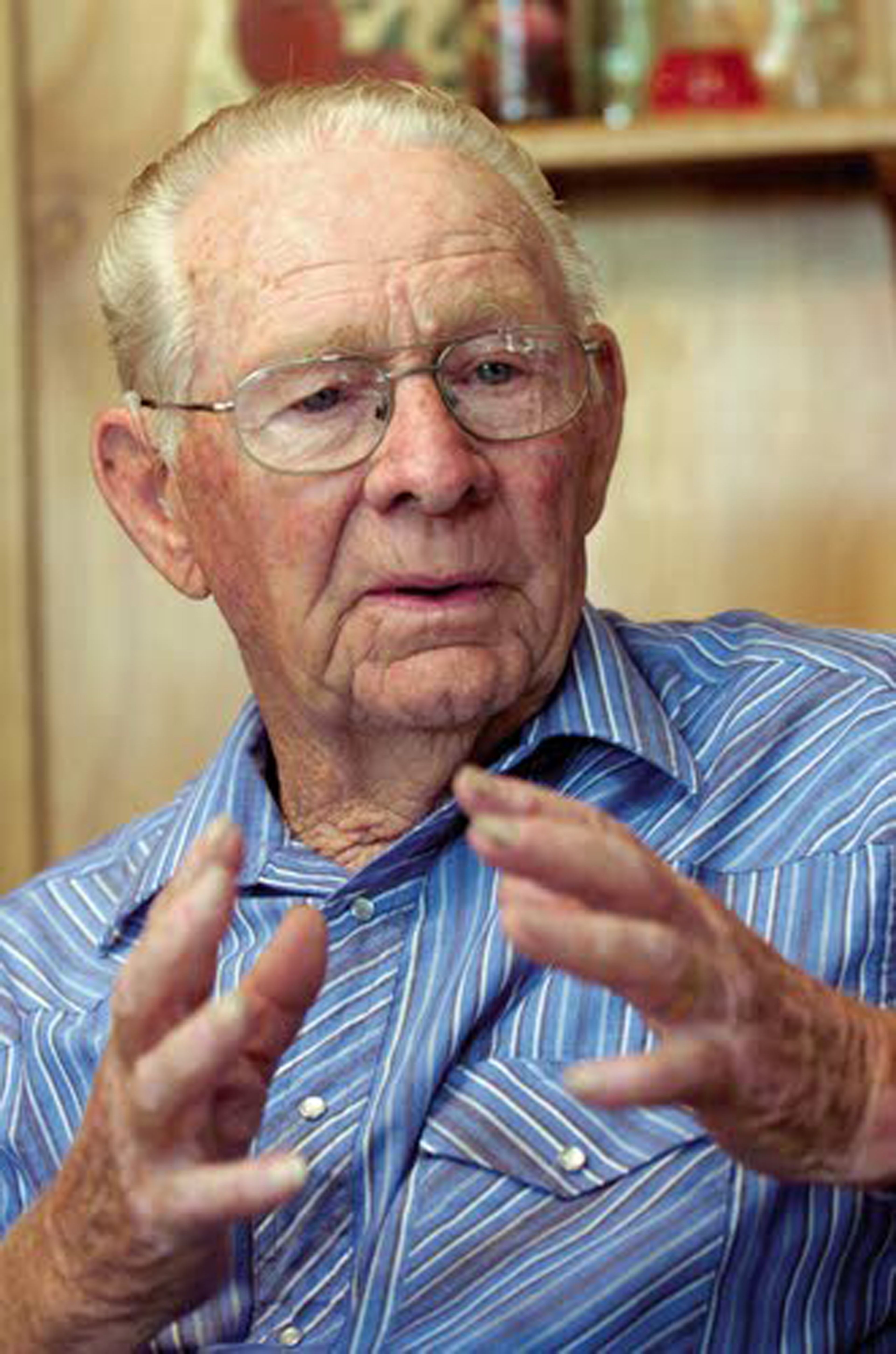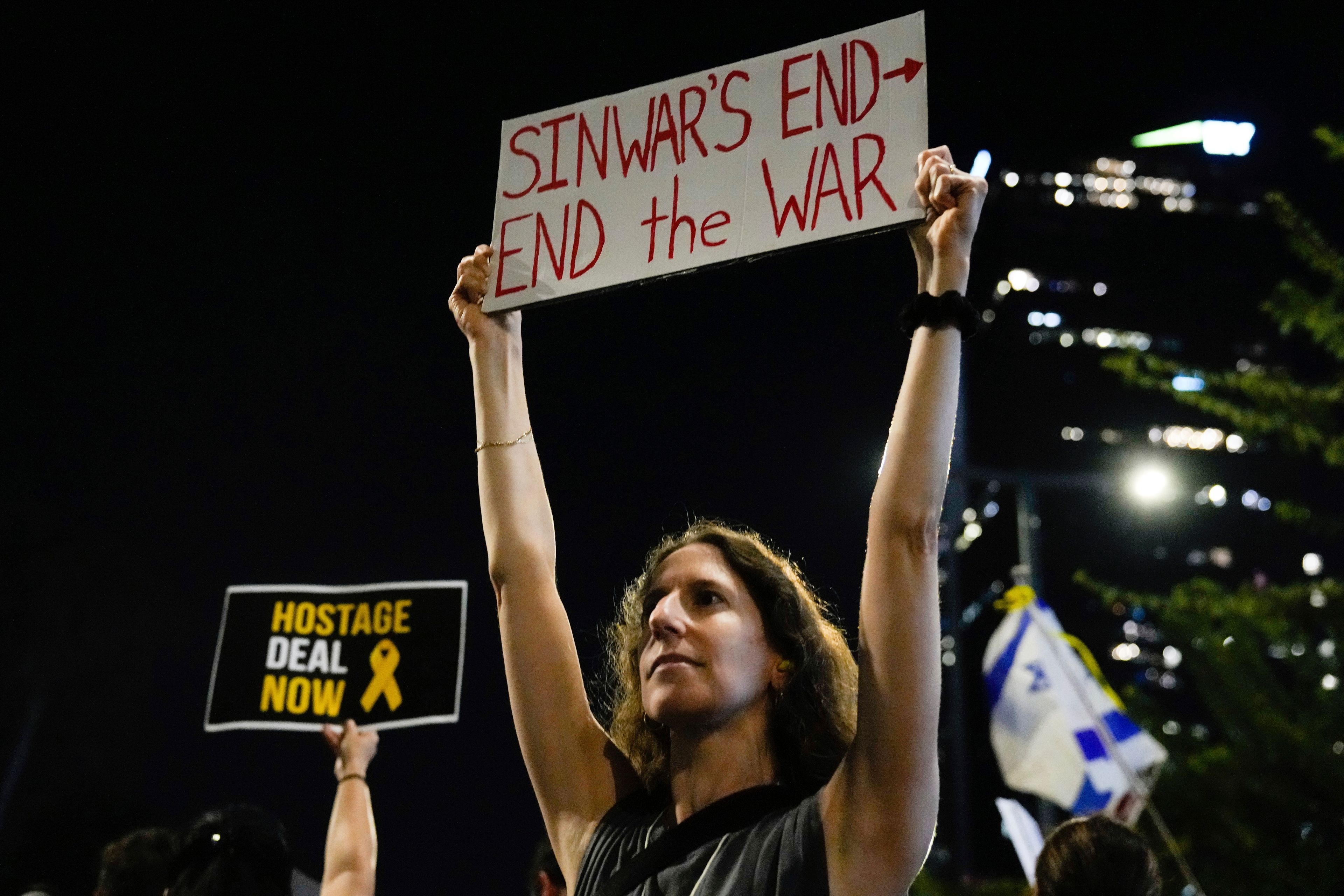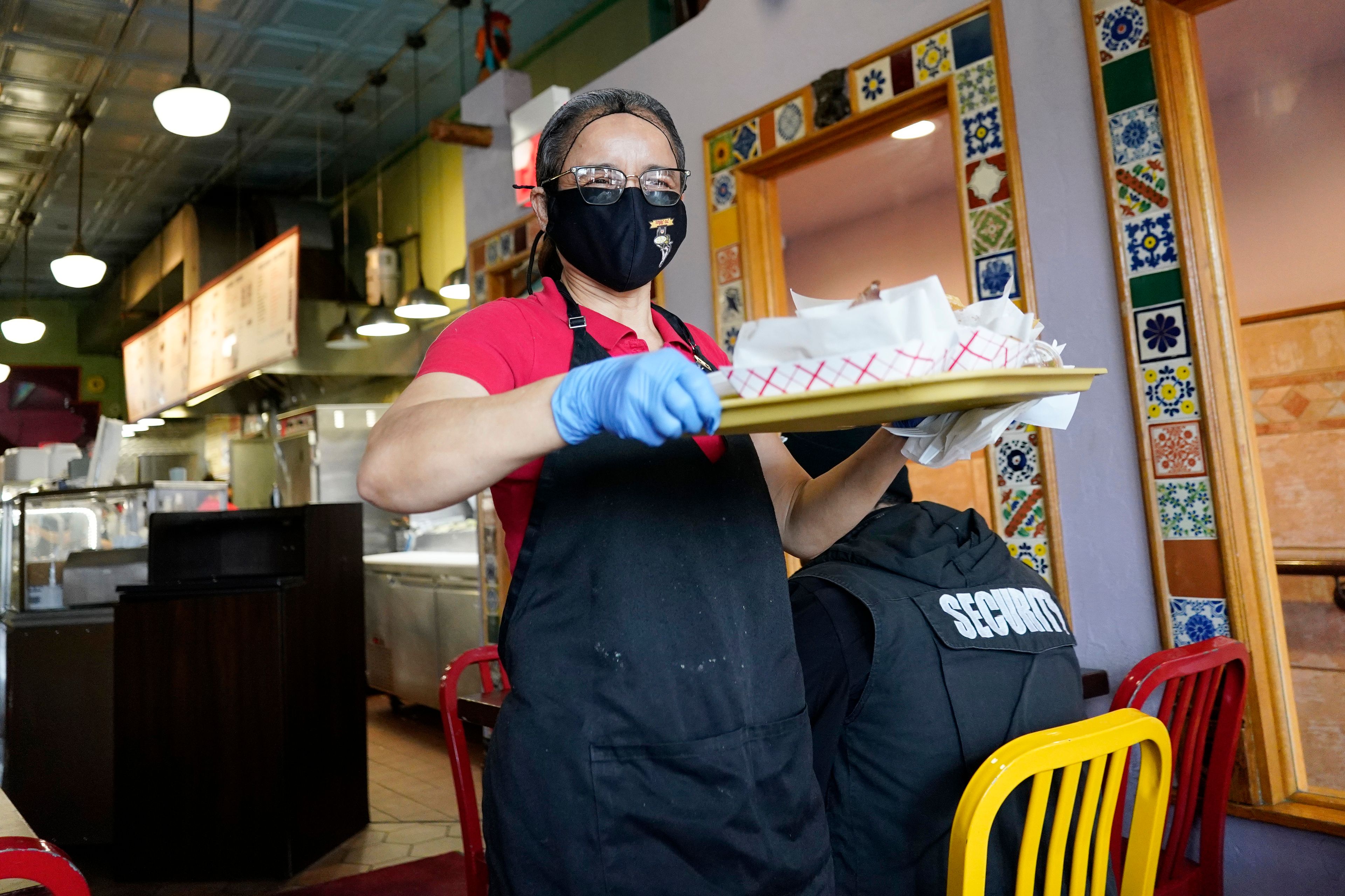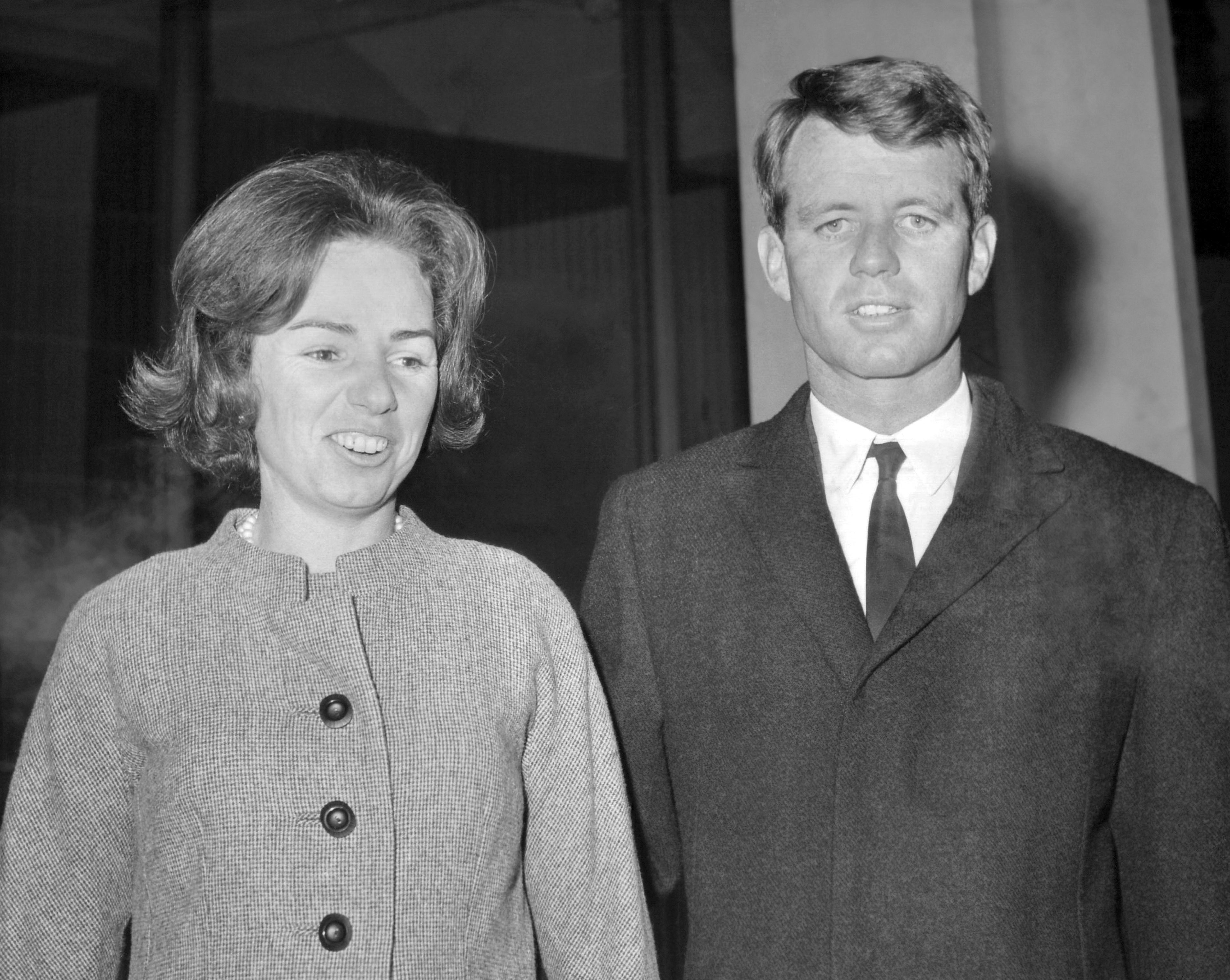Stroke resurrects Korean War vet’s darkest memories
After decades of silence, Bob Heitstuman’s family hears about his battlefield experiences
This story originally was published May 25, 2009, in the Tribune. Robert “Bob” Heitstuman died Aug. 16, 2020, in Pomeroy, at the age of 94.
POMEROY — For more than half a century, Bob Heitstuman opted to keep his Korean War experiences to himself.
“Men who are really in battle,” explains his wife, Ann Heitstuman, “don’t talk about it.”
But about 10 weeks ago, Bob suffered a stroke. Unable to talk or walk, he ended up in intensive care. His short-term memory faded to the point of not knowing the names of his four daughters.
Unfortunately, old combat memories came back with a vengeance.
“I hadn’t thought about that stuff for years,” Bob says.
Stuff, says his wife, that renders war down to a brutal common denominator.
“My theory was to survive,” Bob confirms, “and help people I could help.”
“It’s ironic,” Ann adds. “We have four kids and they’ve hardly heard anything about the Korean War because he doesn’t talk about it. But since the stroke, yes, there have been several days when it was in his head too much, too vivid.”
And like others this Memorial Day, a day set aside for the nation to remember those who have died in war, Bob says catharsis seems to hinge on talking about what he never talked about before — at least, to a point.
“It was a mess.”
Born in Uniontown into a family of seven siblings, Bob, now 82, recalls being just a tad young for duty in World War II. “I tried to enlist in 1944, but I couldn’t get in.” Many of his high school classmates, Bob recalls, went into the military. He remained home working with his brother on a cattle ranch. By the time the Korean conflict erupted, Bob barely missed another age cutoff.
“When I got drafted into the Army, I was lacking about three months from being too old.”
Soon to be 26, he went to California via Fort Lewis in western Washington for basic training and within a few months was aboard a ship destined for Korea.
“I’ve still got some problems remembering,” he says of the details leading up to the harrowing events. “I know you don’t learn too much about the country when you’re getting shot at.”
Bob was a member of the 19th Regiment within the 24th Infantry Division. As a private pounding the ground and packing an M-1 rifle, he found himself to be a unwitting leader. “I was 26 years old, so I kind of knew what things were like. But we had kids who were 18 and 19 years old. It was really hard on some of those kids.”
As he talks, Bob points to a map of South Korea, finding Pusan, where his ship landed, then Seoul just south of the 38th parallel, and finally North Korea where battle sites like Old Baldy, Heartbreak Ridge and Pork Chop Hill are delineated.
“We didn’t know the names of any hills. We just fought on one, then another.”
And once the fighting began, Bob recalls, it seemed to never end. “The first time,” he says of the bad memories, “came when the guy right alongside me died. A machine gunner died. Before the day was over with, I and another kid, a little French kid, we got shot up trying to save another kid. Everybody else ran off to the rear.”
While Bob talks, Ann watches as if hearing for the first time stories she wishes her husband had been able to leave in the recesses of his mind.
“We were hung in. We couldn’t get out, just the two of us trying to save that kid’s life,” Bob continues. “Nine bullets went right across his leg. You take your belt and use it for a tourniquet, but by that time it’s too late. He got hit so many times. He just turned color and that was it.”
Bob also got hit. “Twice across the fingers here, and then this one by the eye. It really didn’t hurt too bad.” The wounds, he says, were enough for a Purple Heart. “But it wasn’t worth it to go back. So I just stayed right there and fought. We shot our way out of it.”
Bob recalls reading a national story more than one year ago about Master Sgt. Woodrow Wilson Keeble, who received the Medal of Honor posthumously for military valor in Korea. “He was in the same outfit right alongside of me. The only name we knew him by was Chief.” Keeble, who died in 1982, was a Sioux Indian.
Combat, says Bob, is a euphemistic word for what happens on the battlefield. After surviving for weeks through day and night close-quarter fighting, Bob says he decided to document the atrocities. His father had sent him a camera and he began shooting pictures.
“My thought was that everybody should see what’s happening.” He shot two rolls of film, then kept them in a pocket and planned to eventually have them developed. “But the longer it went, and the worse it got, I thought, well, people shouldn’t see that ... what we did to them, what they did to us.”
After leaving Korea and spending time in Japan, Bob says he decided to destroy the film. “I felt so bad. I took those two rolls and spread them out.” Then he used lighter fluid and put a flame to the film.
The problem, of course, was that the images remained seared in the forgotten memories that Bob’s recent stroke resurrected.
“It’s just a miracle he’s alive,” Ann says of Bob surviving both the stroke and the war. “He does speech therapy twice a week. The most problem he’s had is with short-term memory.” But that’s coming back with each new day, says Ann. And she hopes the bad memories will likewise continue to fade.
“There’s nothing this man can’t do,” Ann says. “He’s a good guy. He’s one good guy.”
After Bob returned from Korea, the Heitstumans were married and farmed nearby for decades on original family ground.









